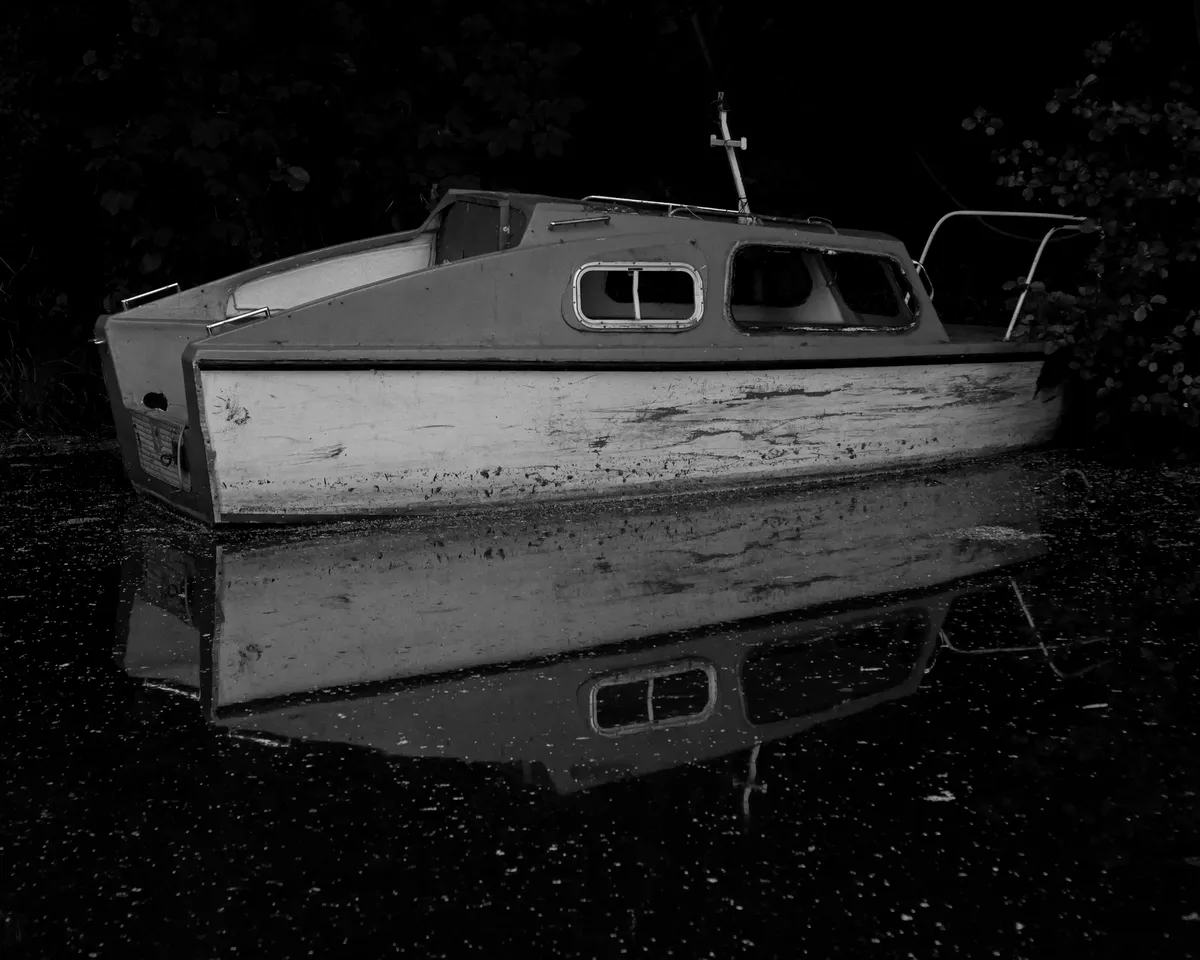Thoughts on Magnet Fishing

Recently, I was listening to a piece on Radio 4 about a couple, James Kane and Barbie Agostini, who, whilst magnet fishing in New York, discovered a safe containing approximately $100,000 in soggy bills. My interest was particularly piqued when they recounted their mission with the US Treasury to identify the individual bills amidst this soup of lake water and Benjamins. It got me thinking about magnet fishing itself.
There’s something oddly poetic about the idea. You stand at the edge of a body of water—river, canal, or lake—hurl a magnet into the unknown, and hope to dredge up a piece of forgotten history. Or at least something vaguely interesting that isn’t just another rusty bike frame. It’s a modern form of mudlarking, a rag-and-bone revival for the social media age.
I’m not sure when I first became aware of magnet fishing. It’s one of those things that seem to have just materialised from the cultural ether, like sourdough baking during lockdown or the sudden, inexplicable rise of Spanish cleaning product shops. But once you know about it, you start seeing it everywhere—on YouTube, in local Facebook groups when Brenda warns everyone that the police are down at the canal because Trevor has found an old WWII bomb that’s still live and half of Apperley Bridge is about to be blown sky-high. Or, of course, that one bloke on TikTok who always seems to drag out an old safe (funny, that).
The appeal is obvious. It’s treasure hunting with a working-class spirit, a bit of dirt under its nails. Unlike the metal detectorists of TV fame—Detectorists with its wonderfully melancholic, anorak-clad protagonists—magnet fishers don’t seem to fit the same stereotype. There’s a different energy at play. Less tweed, more tracksuits. Less pondering about ancient Roman coins, more excitement over pulling up a rusted firearm and briefly feeling like you’ve stumbled into a Line of Duty subplot.
It also carries a strange, almost ritualistic quality. The repetitive cast and pull, the eager anticipation of what might emerge from the depths, the communal aspect of it—the mate who’s come along to see what it’s all about, standing nearby, offering helpful comments like, “Oof, that’s a big one,” or, “Reckon that’s from the war?”
But what fascinates me most is its historical and social impact. Have there been significant discoveries because of it? Surely, amongst the countless bottle caps and rusted bolts, something important has been dredged up—something that rewrites a tiny part of history or, at the very least, makes a curator at the local museum raise an eyebrow. For example, in November 2023, Trevor Penny found a Viking sword in the River Cherwell in Oxfordshire. Believed to date from between 850 and 975 AD, it’s the oldest object ever found in Oxfordshire by magnet fishing. I’m hoping to read more about these kinds of discoveries as more people take up the hobby.
Beyond that, I can’t help but think magnet fishing is ripe for adaptation beyond the hobby itself. It’s rich with storytelling potential—a metaphor for the way we try to pull meaning from the murky depths of our past. A theatrical or small-screen treatment surely has to be on the radar for writers. It’s definitely casting around in my brain as something to explore.
Maybe one day, I’ll give it a go—see what the waters of Yorkshire have been hiding all these years. Though, knowing my luck, I’ll just end up with an old road sign and a collection of Tennents Super cans.